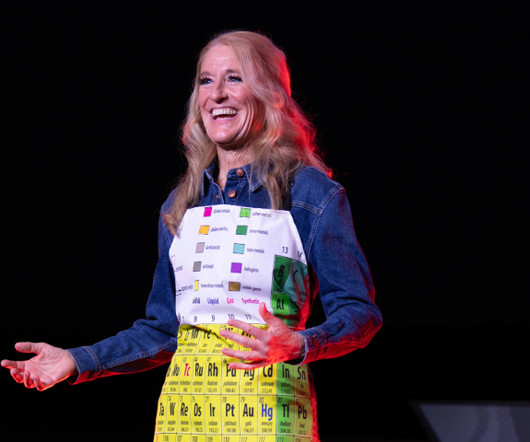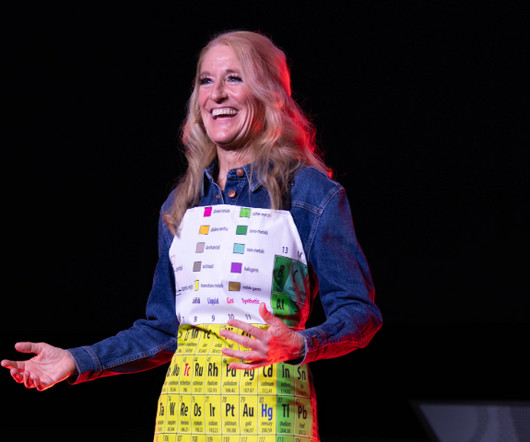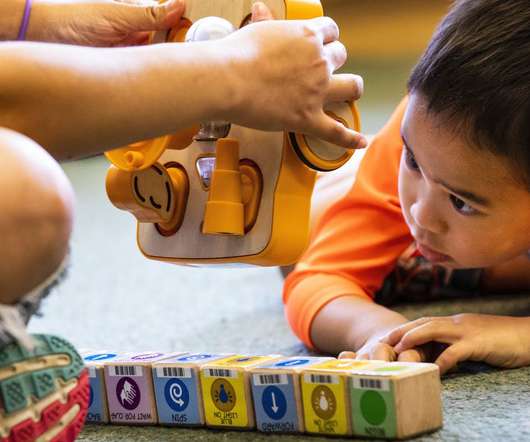Mission Molecular Literacy: A Framework for Transforming Chemistry Education
k12 Digest
JULY 24, 2025
By reimagining chemistry education through the lens of literacy development, we can cultivate learners who are not only proficient in chemical knowledge but also capable of engaging with molecular phenomena in ways that are meaningful, relevant, and empowering. Cognitive development: The learning brain.
















Let's personalize your content